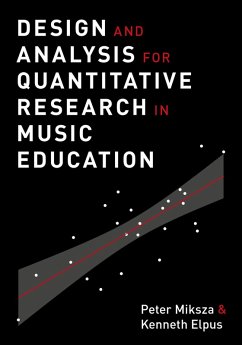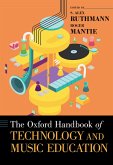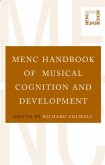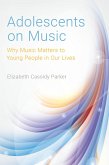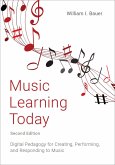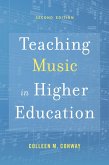In recent years, academics and professionals in the social sciences have forged significant advances in quantitative research methodologies specific to their respective disciplines. Although new and sophisticated techniques for large-scale data analyses have become commonplace in general educational, psychological, sociological, and econometric fields, many researchers in music education have yet to be exposed to such techniques. Design and Analysis of Quantitative Research in Music Education is a comprehensive reference for those involved with research in music education and related fields, providing a foundational understanding of quantitative inquiry methods. Authors Peter Miksza and Kenneth Elpus update and expand the set of resources that music researchers have at their disposal for conceptualizing and analyzing data pertaining to music-related phenomena. This text is designed to familiarize readers with foundational issues of quantitative inquiry as a point of view, introduce and elaborate upon issues of fundamental quantitative research design and analysis, and expose researchers to new, innovative, and exciting methods for dealing with complex research questions and analyzing large samples of data in a rigorous and thorough manner. With this resource, researchers will be better equipped for dealing with the challenges of the increasingly information-rich and data-driven environment surrounding music education. An accompanying companion website provides valuable supplementary exercises and videos.
Dieser Download kann aus rechtlichen Gründen nur mit Rechnungsadresse in A, B, BG, CY, CZ, D, DK, EW, E, FIN, F, GR, HR, H, IRL, I, LT, L, LR, M, NL, PL, P, R, S, SLO, SK ausgeliefert werden.

